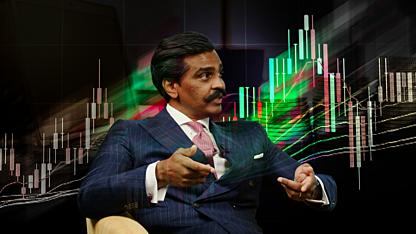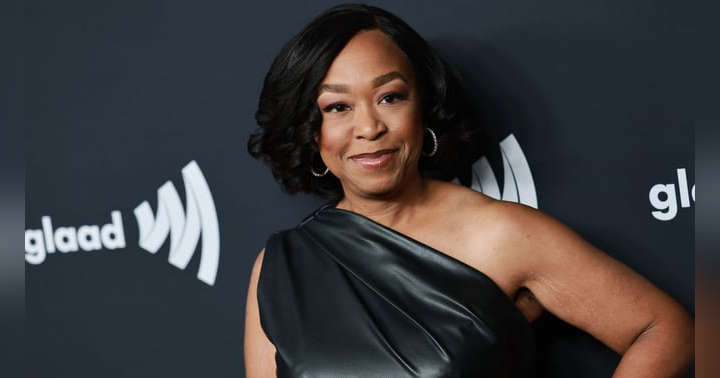“Burn the Boats”: Why Most People Fail to Start a Fund — And How Patrick William Did It Anyway

"It was going to succeed, or it was going to succeed." — Patrick William, Founder of Rixson Capital
Starting a fund sounds glamorous — until you realize what it actually takes. For Patrick William, founder of Rixson Capital, the journey from M&A banker to fund manager wasn’t a leap of luck, but one of unwavering conviction, strategic hustle, and an all-in mentality that most simply can’t stomach.
In an interview on Founder's Story (Ep. 244), Patrick unpacks what most aspiring fund managers get wrong — and the brutal, behind-the-scenes reality of launching and scaling a private credit fund from scratch.
The Two Engines Most Founders Ignore
One of Patrick’s earliest lessons? Great products don’t raise money.
“The analogy someone used was it's an airplane with two engines. And we focus on one, which is product... You forget there's another engine that needs to run — actually raising money.”
While many aspiring fund managers obsess over deal structure or asset classes, Patrick highlights that capital raising — not just capital deploying — is the silent killer of most early-stage funds.
His approach? Skip the institutions, bootstrap with a motivated team, pool personal networks, and cold call — relentlessly.
“We started with a $3 million raise in October 2022, which really does not pay the bills… but gradually, over time, as you build that track record, investors begin to recognize the story you’re telling actually makes sense.”
How a Fund Manager Really Makes Money
Ever wonder how funds actually sustain themselves?
Patrick breaks it down simply:
- Management Fees – Typically 1.5% of assets under management (AUM). “It keeps the lights on,” he says.
- Performance Fees – Usually 20% of any upside above a certain return threshold (the "hurdle").
This combo means fund managers only win when their investors win — a model that aligns incentives but requires a crystal-clear strategy and airtight execution.
The Rulebook That Keeps Risk in Check
At Rixson Capital, every investment must meet a strict checklist:
- First-ranking, senior-secured, tangible asset-backed
- Pays monthly cash interest
This is written into the Information Memorandum — the Australian equivalent of a U.S. fund prospectus — and enforced by an independent credit committee.
“They beat us up over an hour and a half to make sure we've considered all the pros and cons — particularly the cons — of the potential borrower.”
AI and Fundraising: Hype vs. Reality
While tools like ChatGPT and low-code apps are transforming how businesses are launched, fundraising remains deeply personal.
“AI helps with the back office stuff… But when it comes to relationship building, it’s still very much a human game.”
In a world obsessed with automation, Patrick reminds us that trust and human connection still drive capital.
Why Most People Never Make It
So why don’t more people succeed in launching a fund — or any venture, for that matter?
“Mindless self-belief… That belief allows you to stick with it. You might have a bad month or quarter, but if you haven't got a Plan B, you'll stick with it.”
Patrick cites the story of Spanish conquistador Hernán Cortés, who famously burned his ships upon arriving in the New World — ensuring there was no option but forward. That’s the approach he took with Rixson Capital: no fallback, no safety net.
“We built the fund with no Plan B. It was going to succeed or it was going to succeed.”
Advice for Aspiring Fund Founders (Or Any Founder)
If you're considering starting your own fund — whether in AI, crypto, or private credit — Patrick offers three pieces of hard-earned advice:
- Start with a differentiated strategy. For Rixson, it was income-focused, asset-backed lending.
- Bootstrap if you can. Keep equity. Build credibility before chasing big checks.
- Understand who you’re serving. High-income professionals want low-volatility, passive income. Meet their needs clearly.
“Some investors say it pays for private school fees. One says it pays for her Maserati lease.”
Closing Thought: From Wantrepreneur to Fund Manager
Patrick’s story isn’t about luck or timing. It’s about brutal focus, long-term thinking, and the courage to bet everything on a vision before anyone else believes in it.
If you’re sitting on the edge of your next move — whether it’s a fund, a SaaS startup, or a coaching business — ask yourself: Are you ready to burn the boats?
Because the people who win? They don’t have a Plan B.





